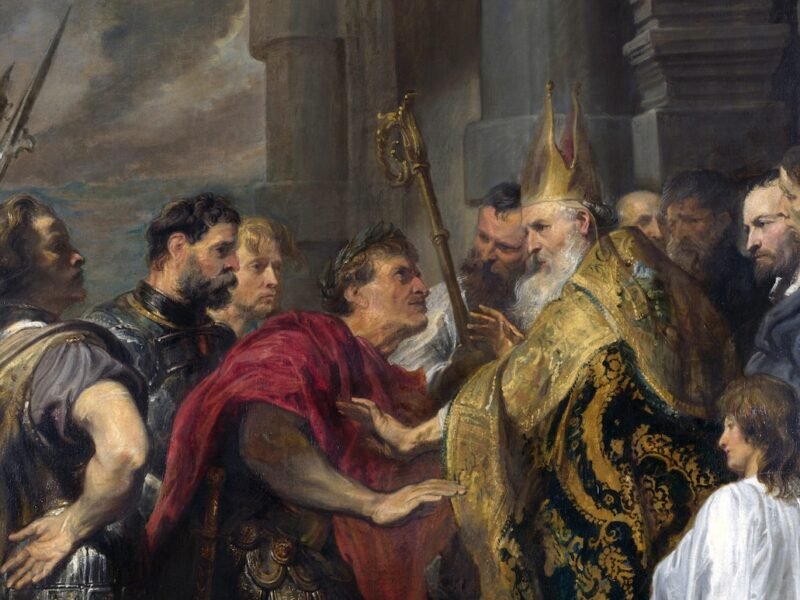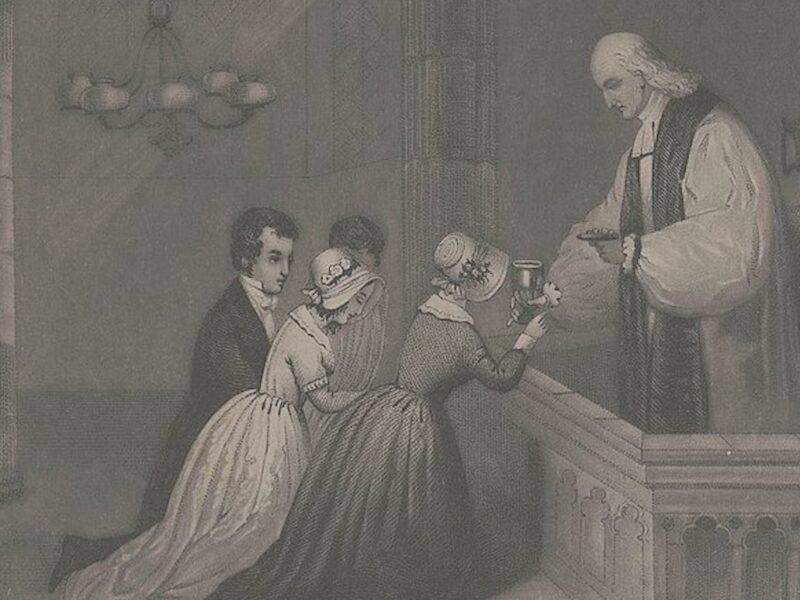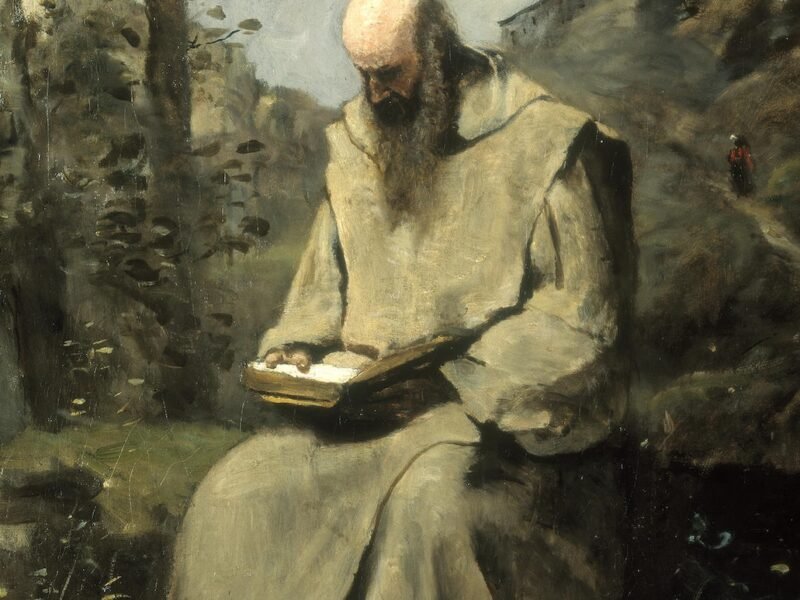By Subject
A Case for the 1662 Book of Common Prayer
I was chatting with a priest-friend about the 1662: International Edition of the Book of Common Prayer (BCP), and he playfully remarked to me that I must be the only Anglo-Catholic priest in America that likes the 1662IE. He classified it as having mostly a Reformed-Calvinist following. I don’t think this is necessarily the case,…
Egalitarian Christianity is Incoherent
Conclusion of The Debate This is the final (planned) essay in my series on William G. Witt’s book promoting the ordination of women, Icons of Christ. In the first essay, I showed how those wishing to maintain a “male only” priesthood could read the book of Genesis, not necessarily as a book requiring the exclusion…
We Cannot Live Without Sunday: When Can the Church Tell the State, No?
What follows are some thoughts about the extent and limits of the church’s obligation to obey the civil authorities. This is particularly relevant to the recent closing of hundreds of churches in Rwanda by the Kagame regime.[1] Nevertheless, I would not begin to presume to offer any admonition or advice to Rwandan believers in general…
This Thy Table: The Anglican Doctrine of the Lord’s Supper
One of the hottest debated questions among Anglicans is the doctrine of the Eucharist, or, as the Articles of Religion refer to it, the Lord’s Supper. When I began investigating the Anglican tradition, what I discovered sent me down a path of reformation and renewal. Rather than looking to the Lutherans, Eastern Orthodox, or Roman…
Lectio Divina as True Biblical Exegesis
The other day, I read a lovely book by Stephen Meawad, who teaches theology at Caldwell University. Titled Beyond Virtue Ethics (2023), this book argues that all too often, we treat ethics in isolation, as if it were either just a bunch of rules imposed on us, or else a matter of developing patterns of…
The Priestess Question and Egalitarianism
The Debate So Far: Witt has produced two responses to my two essays and promised more. However, he has not responded to several decisive arguments. First: I claim that Genesis 3:16 means that it is not a sin to exclude women from the priesthood, just as it is not a sin for women to refuse…
Liturgy as Collective Memory and Tool
Growing up in the Church of England the Book of Common Prayer (“BCP”) was more of a tool and a reference point than anything else. By the time I came along, it was not the exclusive liturgy of the Church, and modest attempts to modernize the liturgy were being made in the form of the…
National Apostasy: What does Keble’s Assize Sermon Teach Us Almost 200 years later?
“Moreover, as for me, far be it from me that I should sin against you; but I will teach you good and the right way.” – 1 Samuel 12:23 “For the nation and kingdom which will not serve you shall perish, And those nations shall be utterly ruined.” – Isaiah 60:12 Intro Almost 200 years…
J.C. Ryle on the Power of the Bible: Its reliability and impact
There has been no other book in the world’s history that has transformed lives and civilized society more than the Christian Bible. Not surprisingly, the Guinness Book of World Records acknowledges the Bible as the number one best-selling book in the world. Christians do not find the popularity of the Scriptures surprising because traditional practice…
The Priestess Question, and other Evils of “Christological Subversion”
Witt Responds Witt responded to my first essay in this series. In response to earlier criticisms of his book, Witt announced that there were “key chapters” untouched by those criticisms. Now, in response to my first essay, he has announced I didn’t address his “key point.” A recent reviewer claims to have read this essay:…










'By Subject' has no comments
Be the first to comment this post!